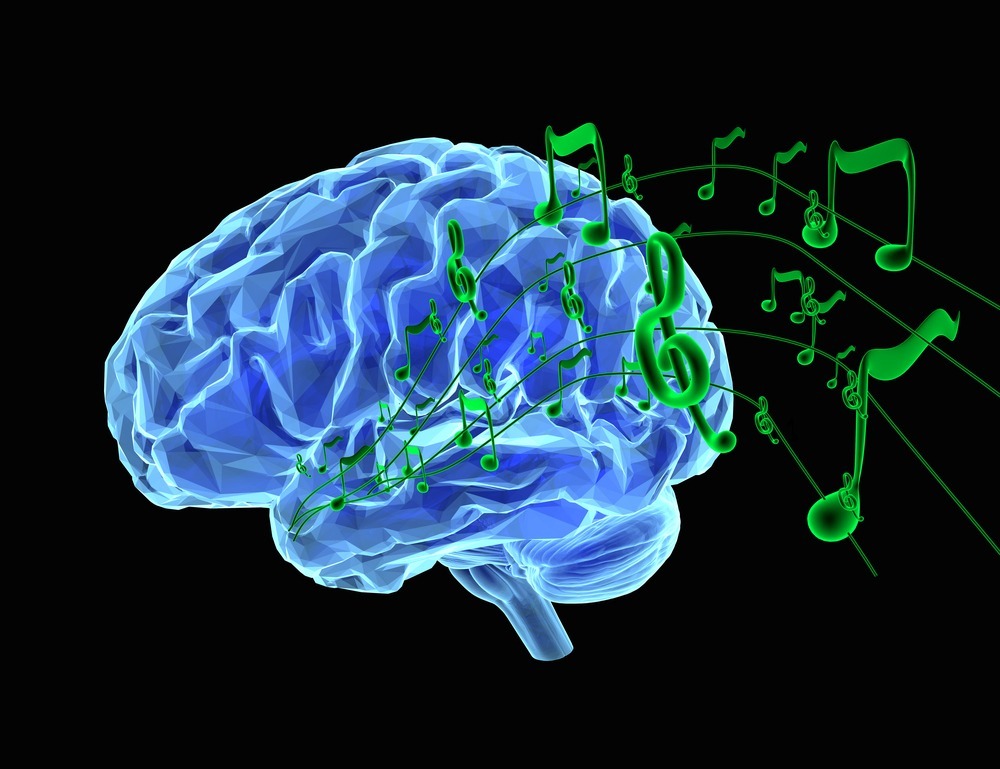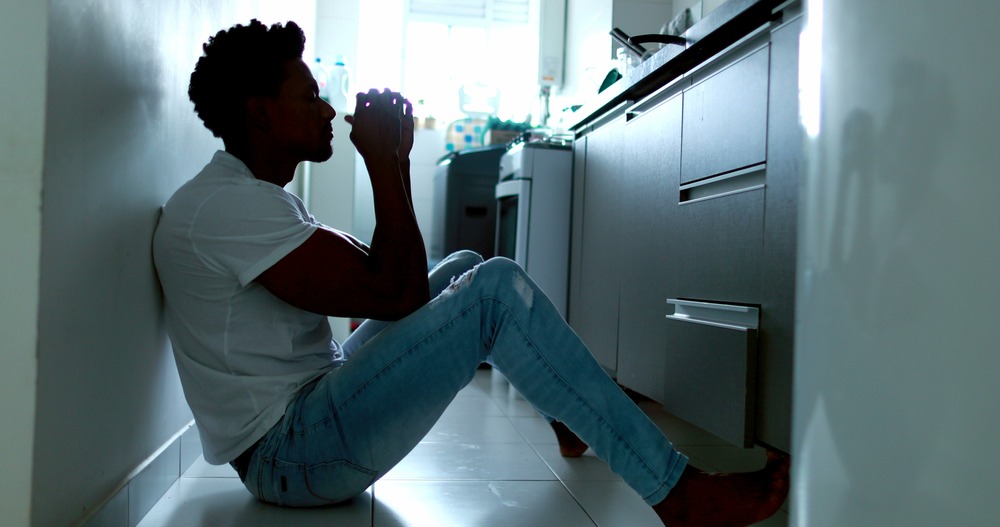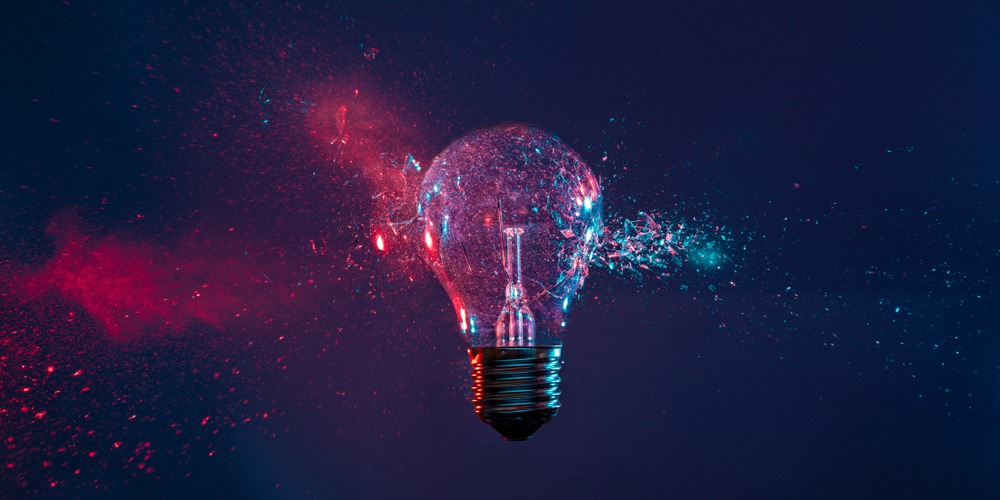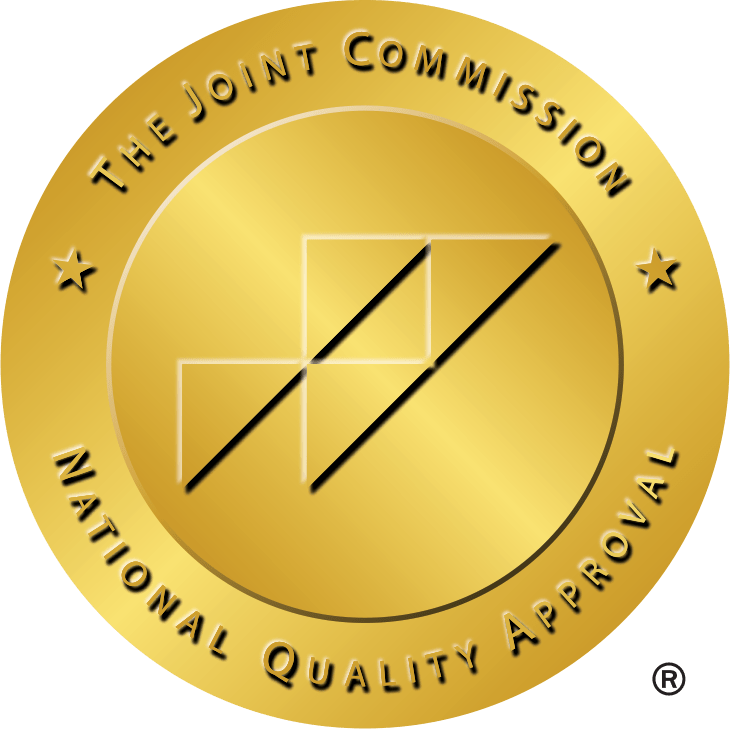For as long as I can remember, there has always been this idea in pop culture that drugs enhance creativity, especially within the music industry.
Some people think that depressants like marijuana and alcohol, stimulants like cocaine, and hallucinogens like magic mushrooms and LSD boost levels of creativity. However, the science and the research tell a completely different story than the pop culture narrative. Read on to learn more!
How the Brain Creates Music
There are a lot of things going on in the brain when creative thinking takes place.
Researchers have said that playing music is like a “full-body workout” for the brain. When someone sings or plays an instrument, they are simultaneously pulling on brain signals and information from both hemispheres which control the body’s motor, auditory, and visual skills.

How Drugs Effect Creativity
It is a well-known fact that drug use has a direct impact on how the brain works. When someone makes music, there is a large and complex volume of signals and information flowing inside the brain, and if drugs are used, then the person’s ability to process melodic concepts and creative ideas becomes incredibly impaired.
There was a study published on how LSD can impact creativity and the results found that hallucinogenic drugs do in fact impair the brain’s ability to use novel sensory perceptions to create original ideas.
Another study was done to see how marijuana affects creativity. The results of this study showed that the more THC that was ingested, the harder it was to come up with creative ideas.
When an outside chemical is added to the body, natural functions negatively change. It’s especially dangerous when emotional desires for stronger creativity develop into an addiction.
How Psychological and Physical Dependency Develops
Initially, the high you feel from a drug might seem like it’s boosting your creativity. However, if you become too used to using drugs to reach a certain creative level, there’s a high risk of becoming psychologically or physically dependent on a certain drug.
The overuse of a drug to enhance creativity could reach a point where an artist thinks they need the drug to do their daily routine. One of the telling signs of drug dependence is when someone believes they need the drug to do certain things.
Psychological dependence on a drug does not always mean physical addiction, but musicians are really walking a thin line when they start to feel like they need a drug to make better music.

How Drugs Affect Group Collaboration
Not all musicians are solo artists. Many great performances rely on group collaboration.
Drug use has long been known to impact behaviors in personal relationships and group dynamics. Drug use can make musicians less responsible, leading to missed practices, performances, or press events. Substance abuse can also lead to a negative reputation for the musical group.
Though many popular musicians were addicts, not all of them remained that way. There have been many artists like Mötley Crüe’s Nikki Sixx who nearly lost his life to an overdose and bounced back as a completely sober man.
Trusting in Natural Creativity
Using drugs to boost your creativity can result in low brain function, drug dependency, and even the complete loss of one’s musical abilities. The parts of the brain that process creative thoughts should be used without the need for drugs and other outside chemicals.
Drug use has some serious real-world consequences. Elton John, Ozzy Osborne, Kurt Cobain, and more know these consequences all too well. Their experiences should be used as examples for future creatives to stay away from drugs.





